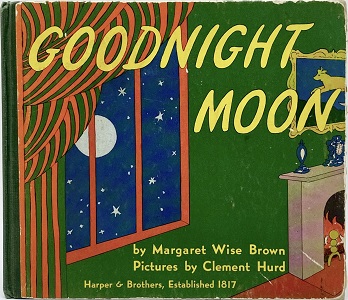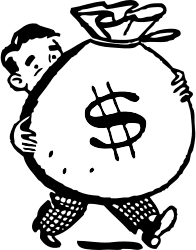If you use improper grammar, do you write bad...or badly? Know the difference, and you can at least change the descriptor.
Bad and -ly
If you've heard the song, you know what the word means. Bad in slang can be used to describe any number of positive opinions and feelings. In more formal usage, bad usually denotes something that is undesirable. In grammar, it's a bomb waiting to explode ugliness all over your writing. The problem is, bad has a friend named -ly, and you never know when or where he's going to show up...or if he's supposed to be there.
When -ly shows up to your word party, he changes everything. He attaches to bad to become badly, and that's a whole different part of speech altogether. Now, the word is an adverb, a word that's used only to modify another adverb, a verb or an adjective.What does that mean? It's simple: it means badly can only mingle with another word at the party.
If I say I was badly and end the sentence, badly gets lonely. He starts wrecking everything in sight -- like your book, and your reputation as an author. Why? Because he's got to have a friend, another word to modify. Add a word for him to modify, everything's great: I was badly irritated. Everyone's getting along and dancing to the music, and your words are flowing the way they ought. Have you ever said I feel sadly or I am happily? No, because -ly can't stand to be left alone.
Unless (you knew it was coming) action is involved. When things start to get lively, grammar rules start to change. That's what parties are like. It's absolutely correct to say I played badly after losing the big game, because play is an action verb.
Confused yet?
When it's used with action verbs, like go or throw, it's okay to use badly. But with linking verbs, like saw, it just won't work. You can't say I saw, because you must see something; saw is a linking verb, so badly just can't mix with it.
Bad as a Bachelor
Alone, bad is an adjective, a different part of speech. All adjectives are used to describe something else. Like adverbs, they can't stand alone. In the phrase I've got a bad feeling about this, bad describes the feeling you're having. But feeling is a noun, which means it's not an adjective, adverb or verb...so you can never say I've got a badly feeling about this and stay grammatically correct.
As I've mentioned in previous posts, there's an easy trick to good grammar. If you're having trouble figuring out if you should use bad or badly to modify a word, just replace it. Shove a synonym in there instead like awful, incorrect, unsatisfactory or poor. Then, you'll be able to find out that you write badly, but only when you're using bad grammar!

























